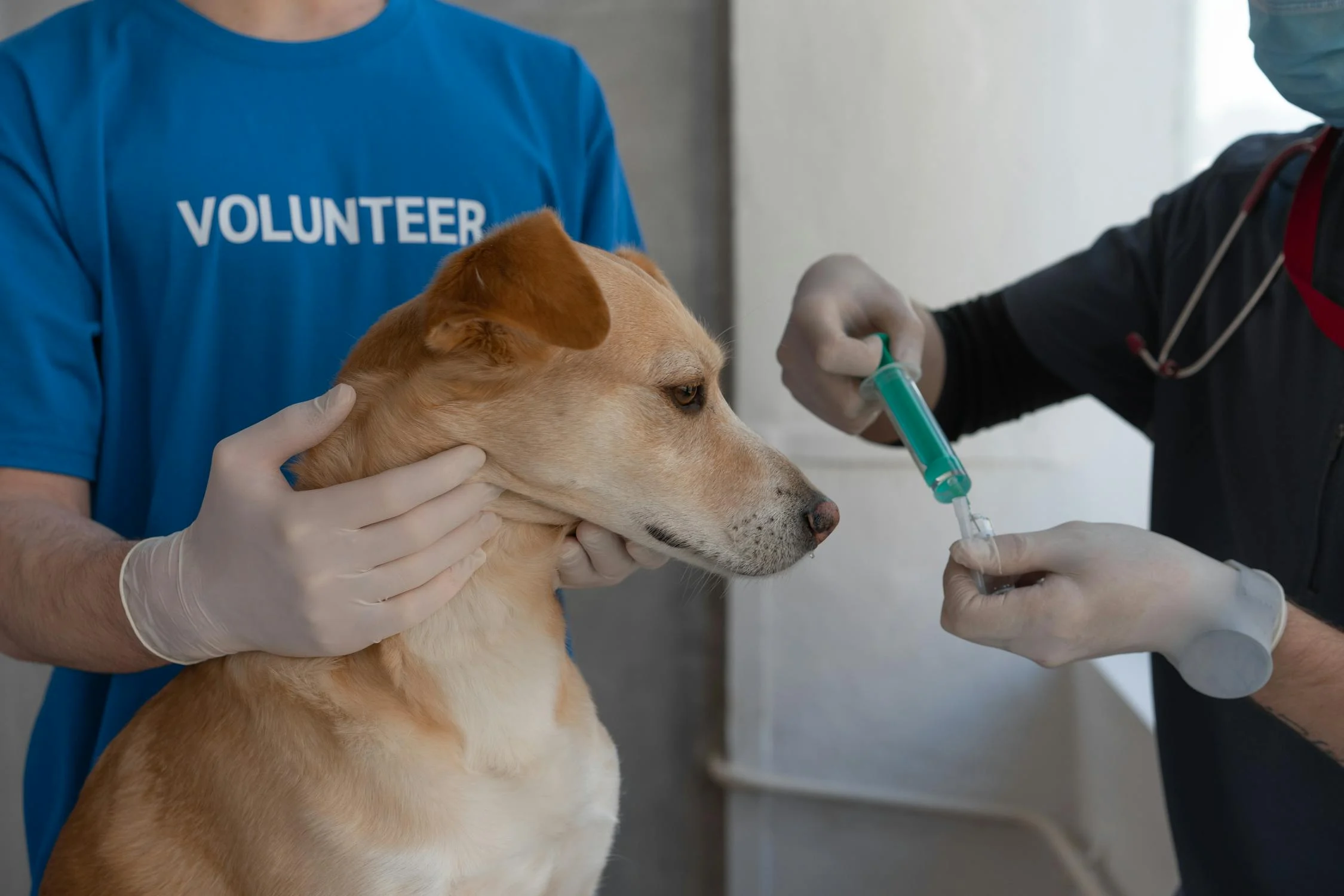-
Dogs & Puppies
-
Cats & Kittens
-
Other Pets
-
Shelters & Rescues
-
Guides & Resources
 Click Allow to stay updated with new arrivals of adoptable pets for free!
Click Allow to stay updated with new arrivals of adoptable pets for free!
Pet dogs are beloved members of many families, and keeping them healthy is a top priority for any responsible pet owner. Unfortunately, dogs are susceptible to a range of diseases that can affect their well-being. Understanding these common diseases can help in early detection and prevention, ensuring your furry friend remains happy and healthy. Here are some of the diseases that pet dogs are often at risk of:

Parvovirus is a highly contagious virus that can cause severe gastrointestinal illness in dogs. It primarily affects puppies and unvaccinated dogs. Symptoms include vomiting, diarrhea (often bloody), loss of appetite, and lethargy. Immediate veterinary care is crucial as parvovirus can be life-threatening if not treated promptly.
Canine distemper is another serious viral infection that affects dogs, particularly those that are unvaccinated. The disease attacks the respiratory, gastrointestinal, and nervous systems. Symptoms may include fever, coughing, nasal discharge, vomiting, diarrhea, and neurological signs like seizures or twitching. Vaccination is the best prevention against distemper.

Kennel cough is a highly contagious respiratory disease caused by a combination of bacteria and viruses, including Bordetella bronchiseptica. It is commonly seen in dogs that are in close quarters, such as those in kennels. The primary symptom is a persistent, dry cough. While kennel cough is generally not severe, it can lead to more serious complications in puppies and older dogs.
Lyme disease is transmitted to dogs through ticks, particularly the deer tick. It can cause symptoms such as fever, lameness, swollen joints, and lethargy. In severe cases, it can lead to kidney damage. Regular tick prevention and checking your dog for ticks after outdoor activities are essential to reducing the risk of Lyme disease.

Heartworms are parasites transmitted through mosquito bites. They live in the heart and lungs of affected dogs, causing severe respiratory and cardiovascular issues. Symptoms include coughing, difficulty breathing, and lethargy. Heartworm disease is preventable with monthly medications, and early treatment is crucial for dogs that test positive.
Ear infections in dogs can be caused by a variety of factors, including bacteria, yeast, or allergies. Common symptoms include itching, head shaking, and a foul odor coming from the ears. Regular ear cleaning and prompt veterinary care can help manage and prevent ear infections.

Diabetes in dogs occurs when the body does not produce enough insulin or cannot use it effectively. Symptoms include excessive thirst, frequent urination, weight loss, and increased appetite. Diabetes requires lifelong management with insulin injections and dietary adjustments.
Cushing’s disease is a condition caused by an overproduction of cortisol, a hormone produced by the adrenal glands. It can lead to symptoms such as increased thirst and urination, appetite changes, and a pot-bellied appearance. Treatment may involve medication or surgery, depending on the severity of the disease.

Dogs can suffer from various types of allergies, including food allergies, environmental allergies, and contact allergies. Symptoms can include itching, skin rashes, and gastrointestinal issues. Identifying and avoiding allergens, along with veterinary treatment, can help manage allergies in dogs.
Dogs are susceptible to various intestinal parasites, including roundworms, hookworms, whipworms, and tapeworms. These parasites can cause symptoms such as diarrhea, weight loss, and vomiting. Regular deworming and good hygiene practices can help prevent parasitic infections.

Awareness of these common diseases and their symptoms is crucial for every dog owner. Regular veterinary check-ups, vaccinations, preventive treatments, and good hygiene practices play vital roles in maintaining your dog’s health and preventing illness. By staying informed and proactive, you can ensure your pet enjoys a long, happy, and healthy life.